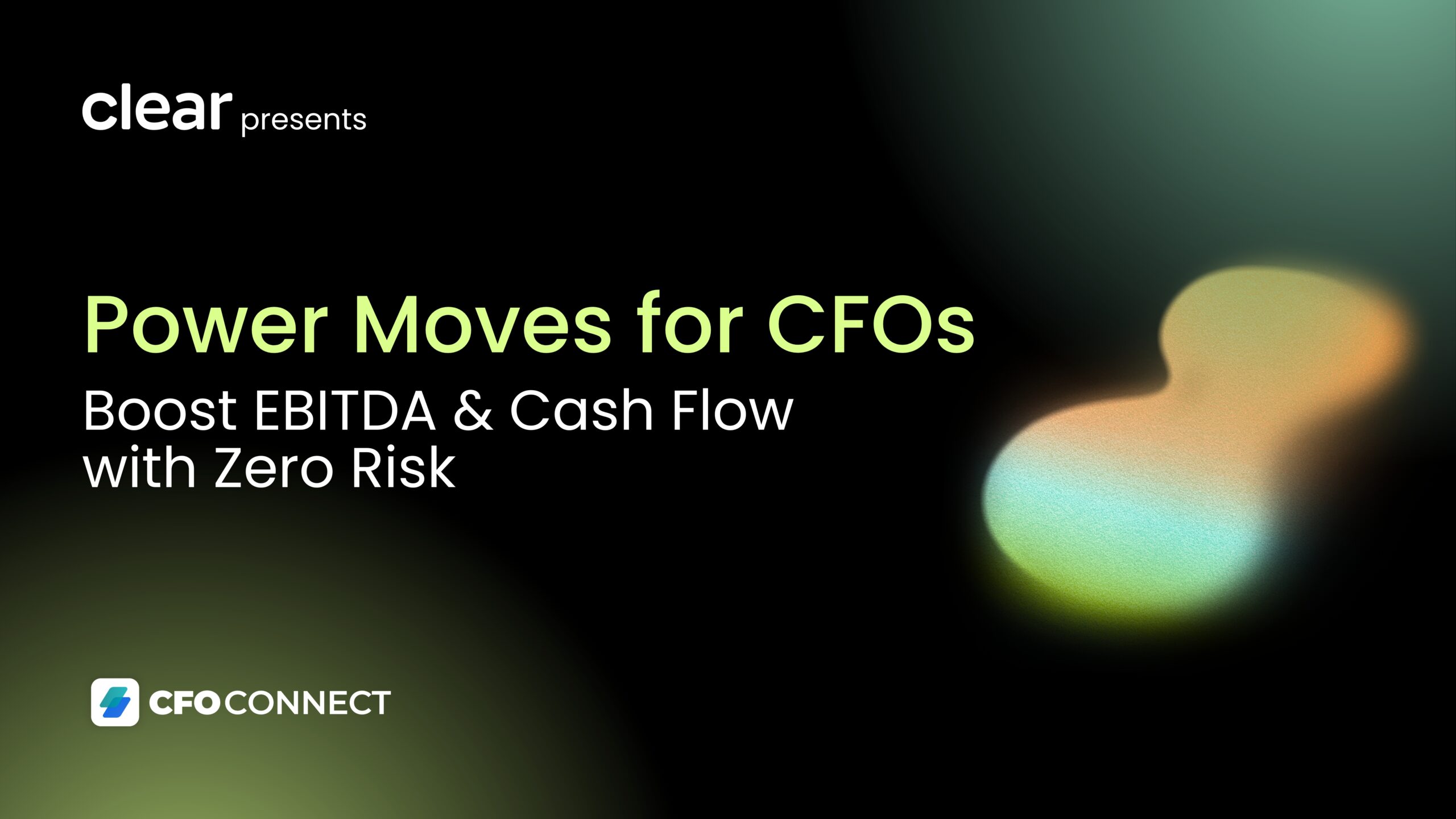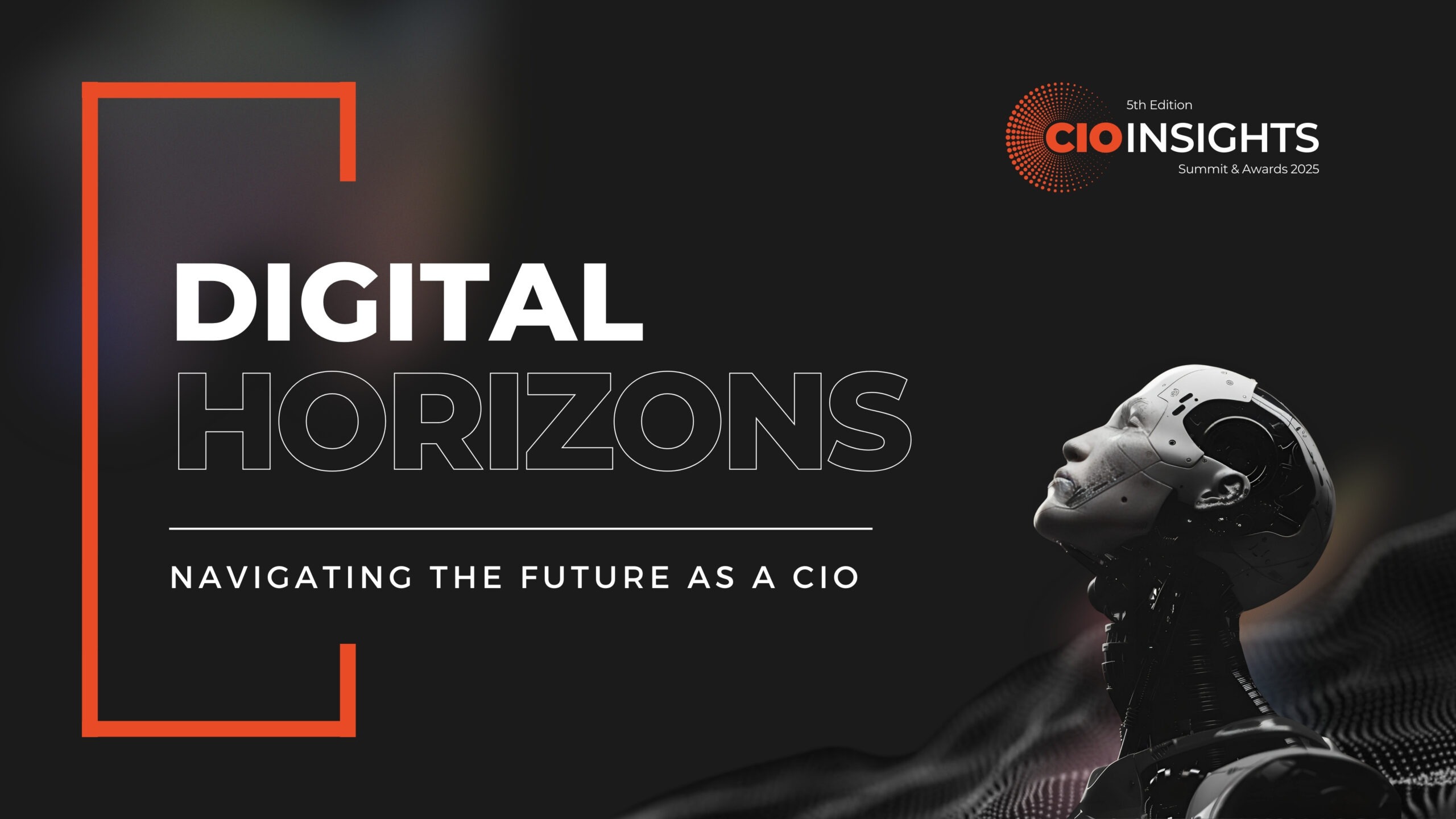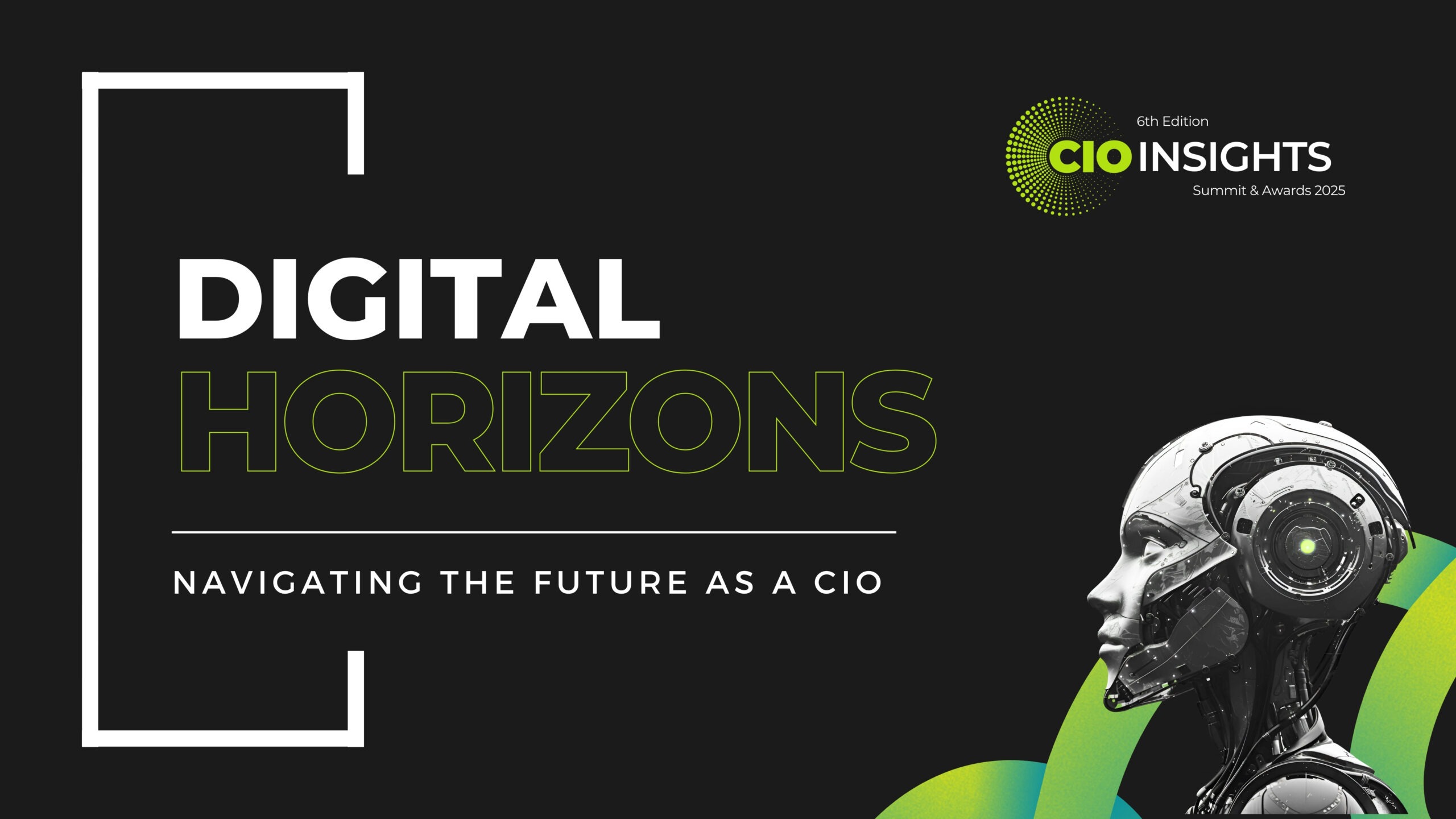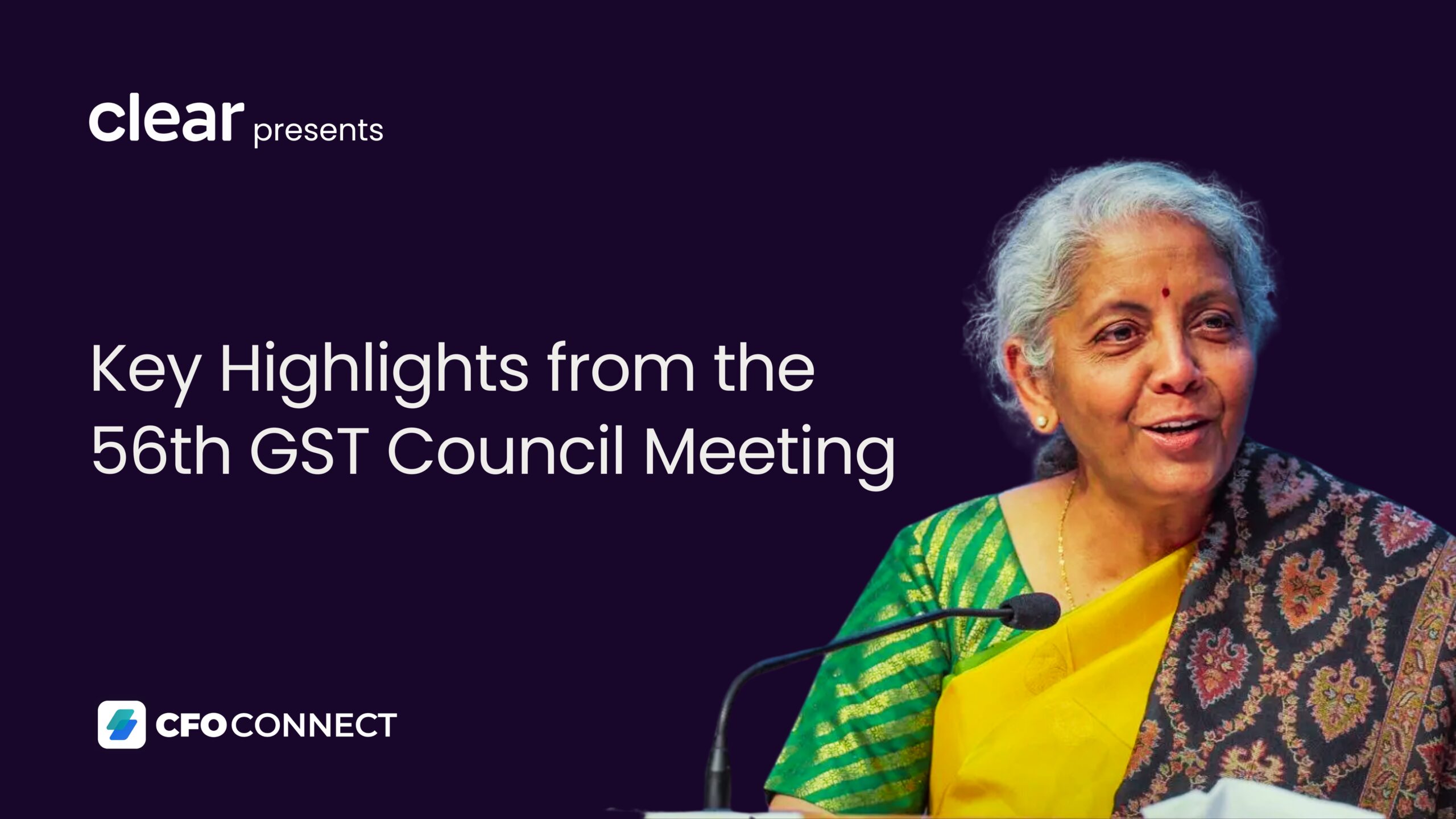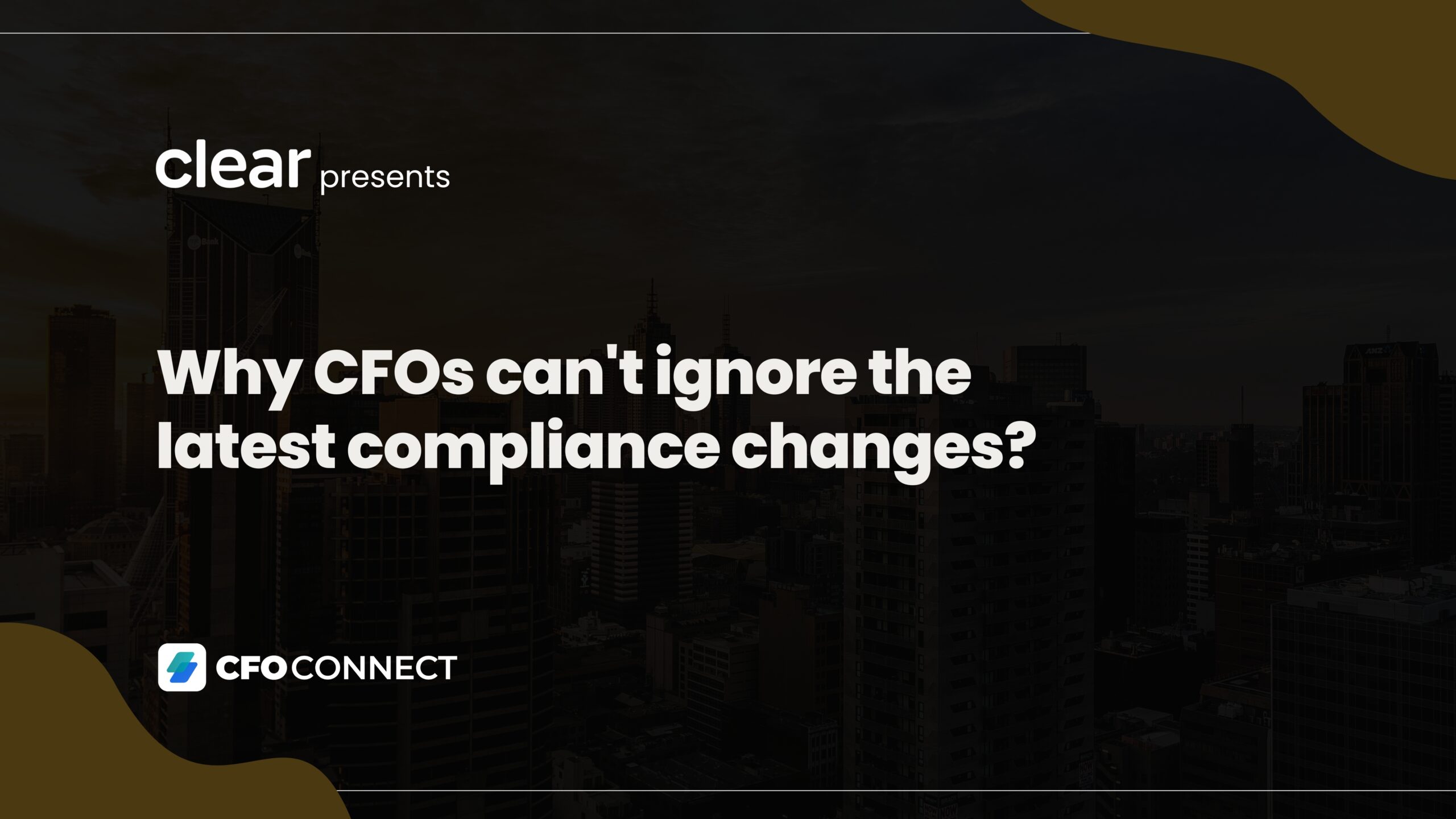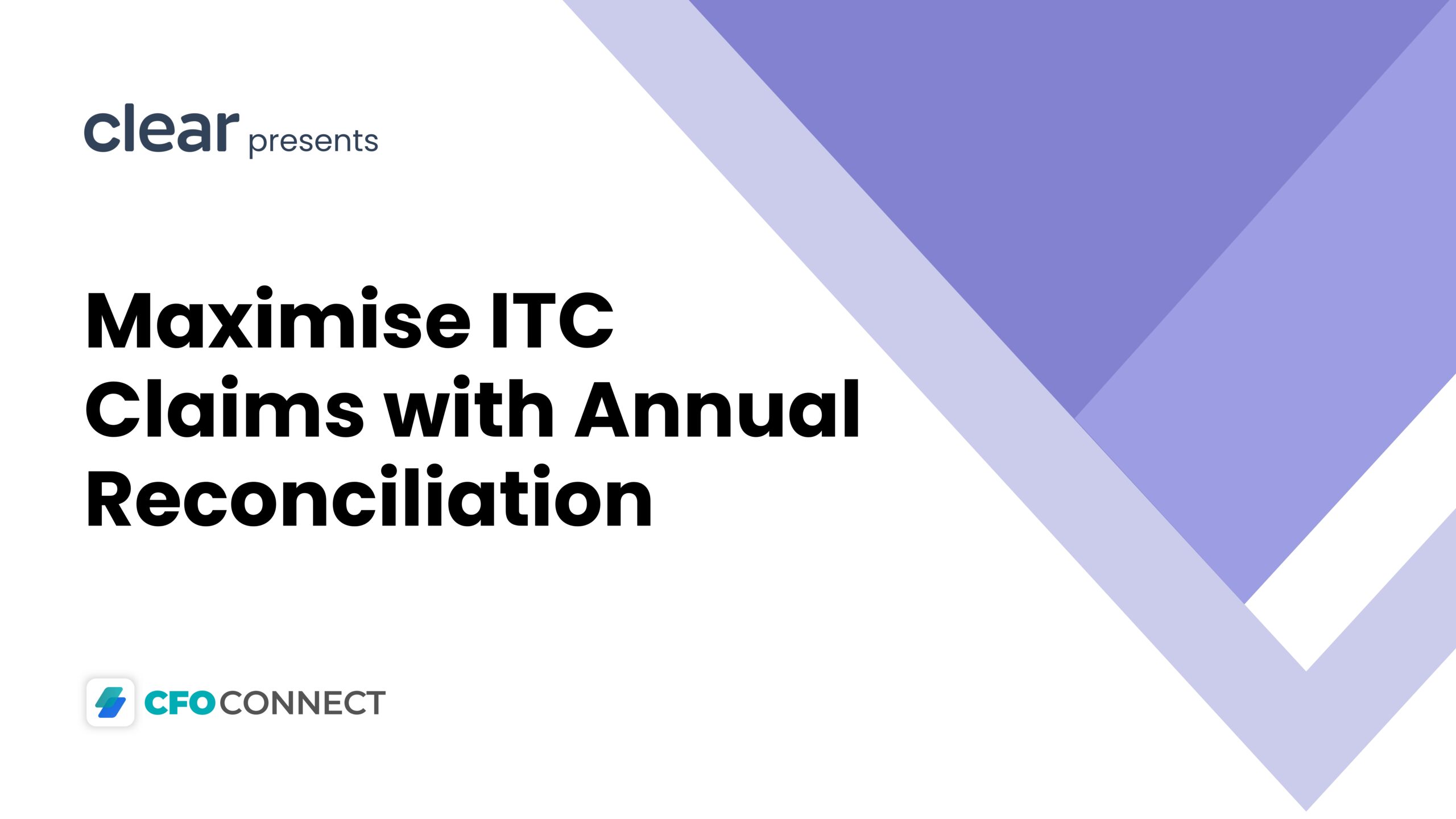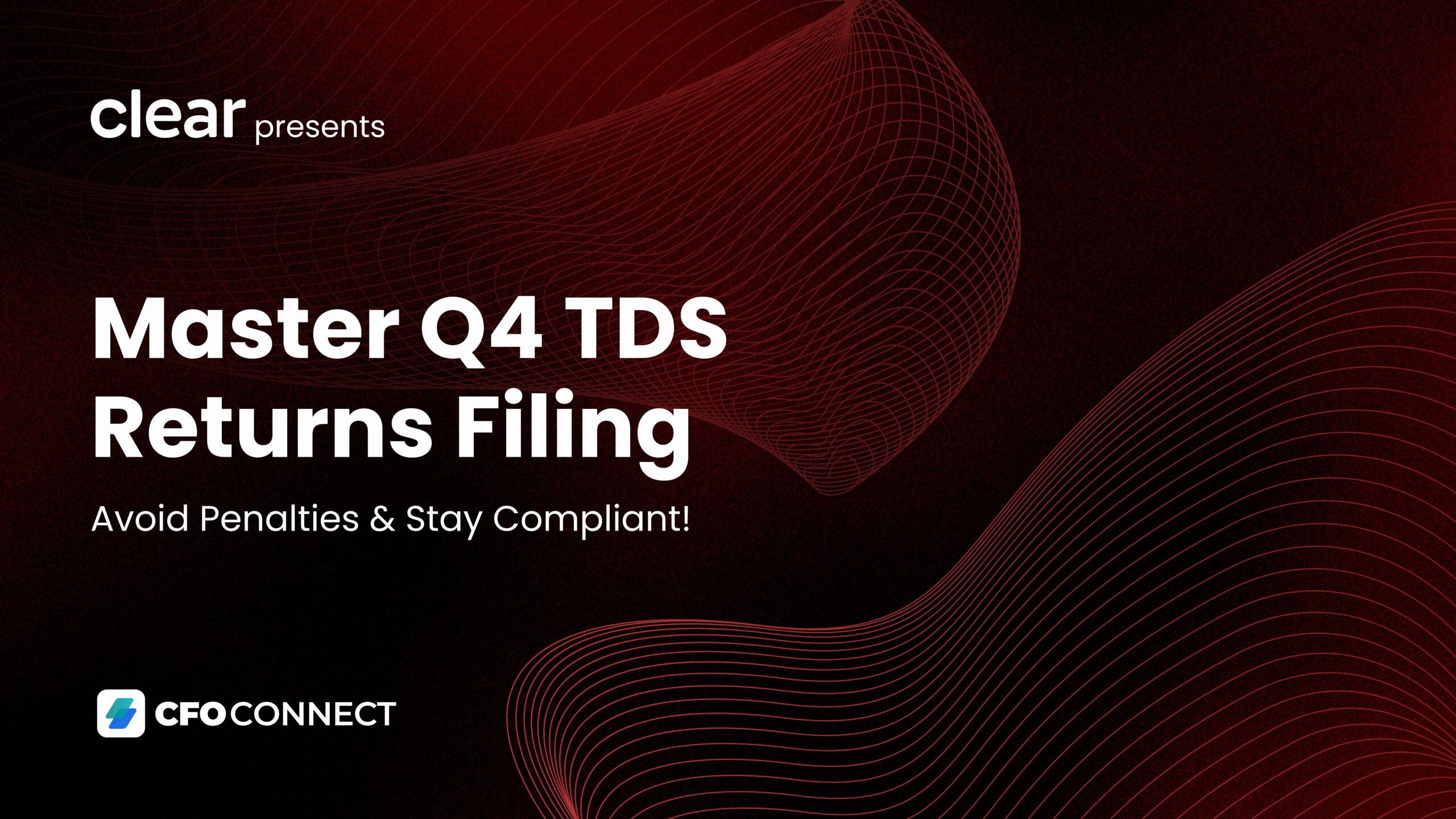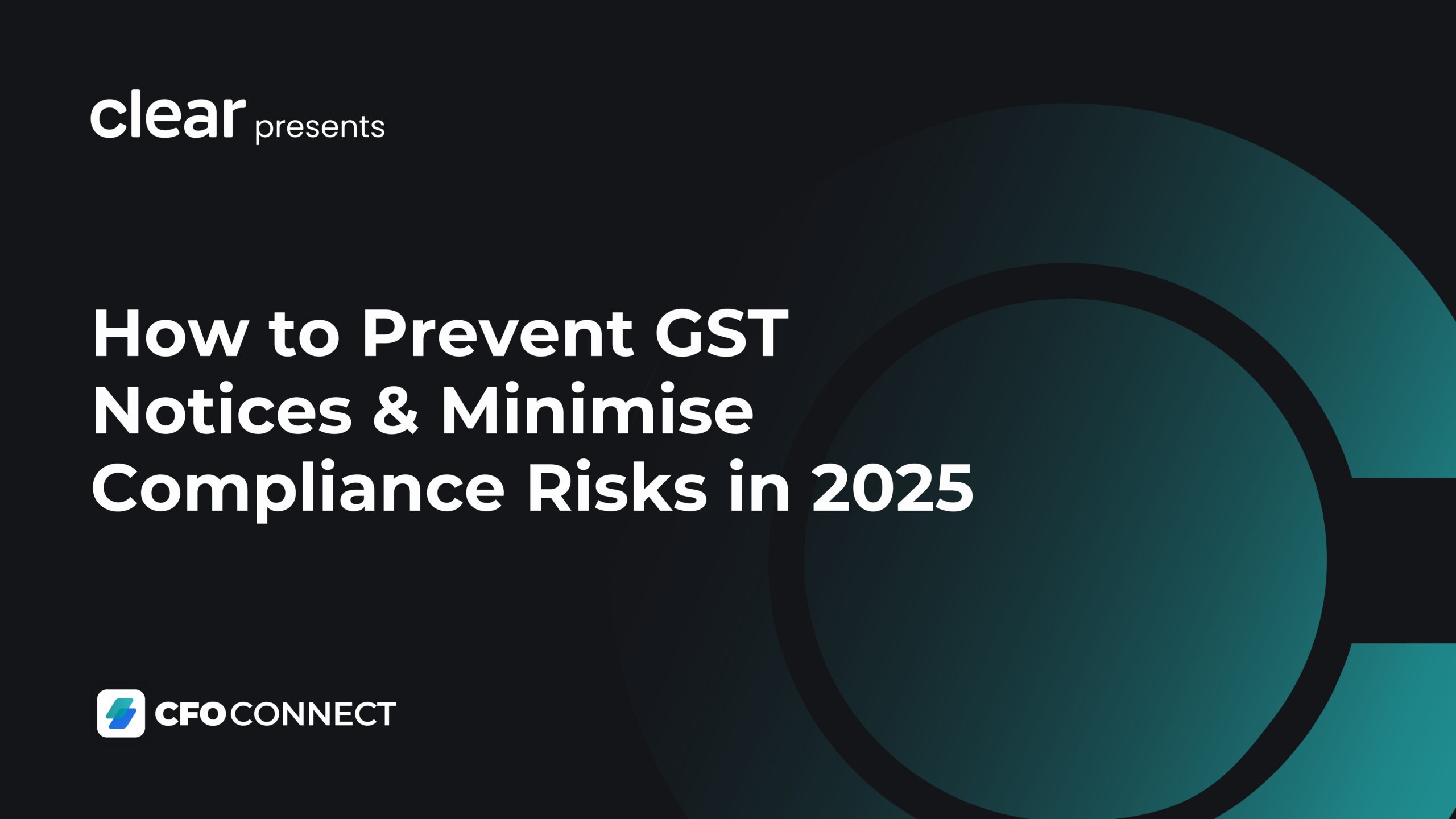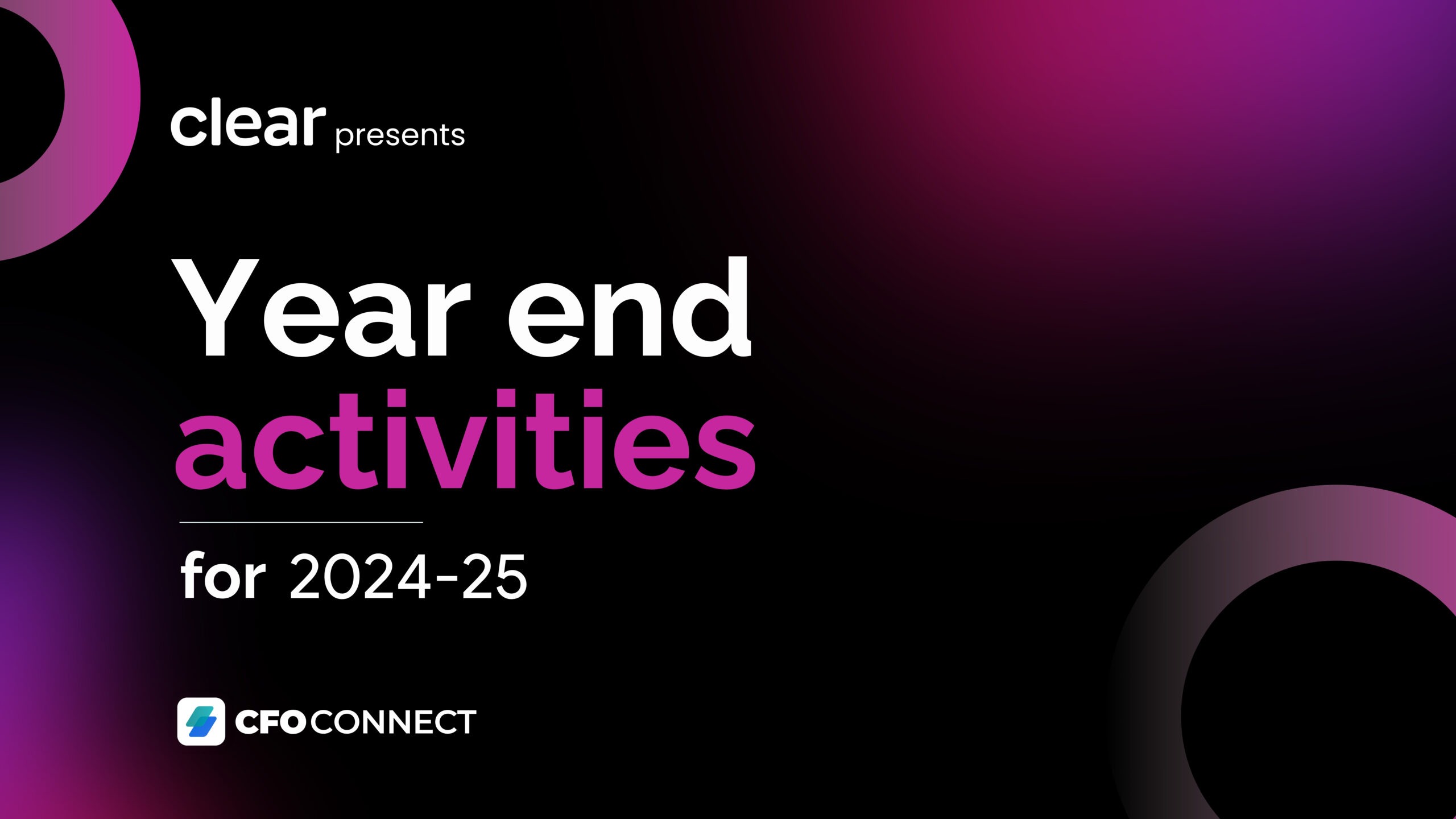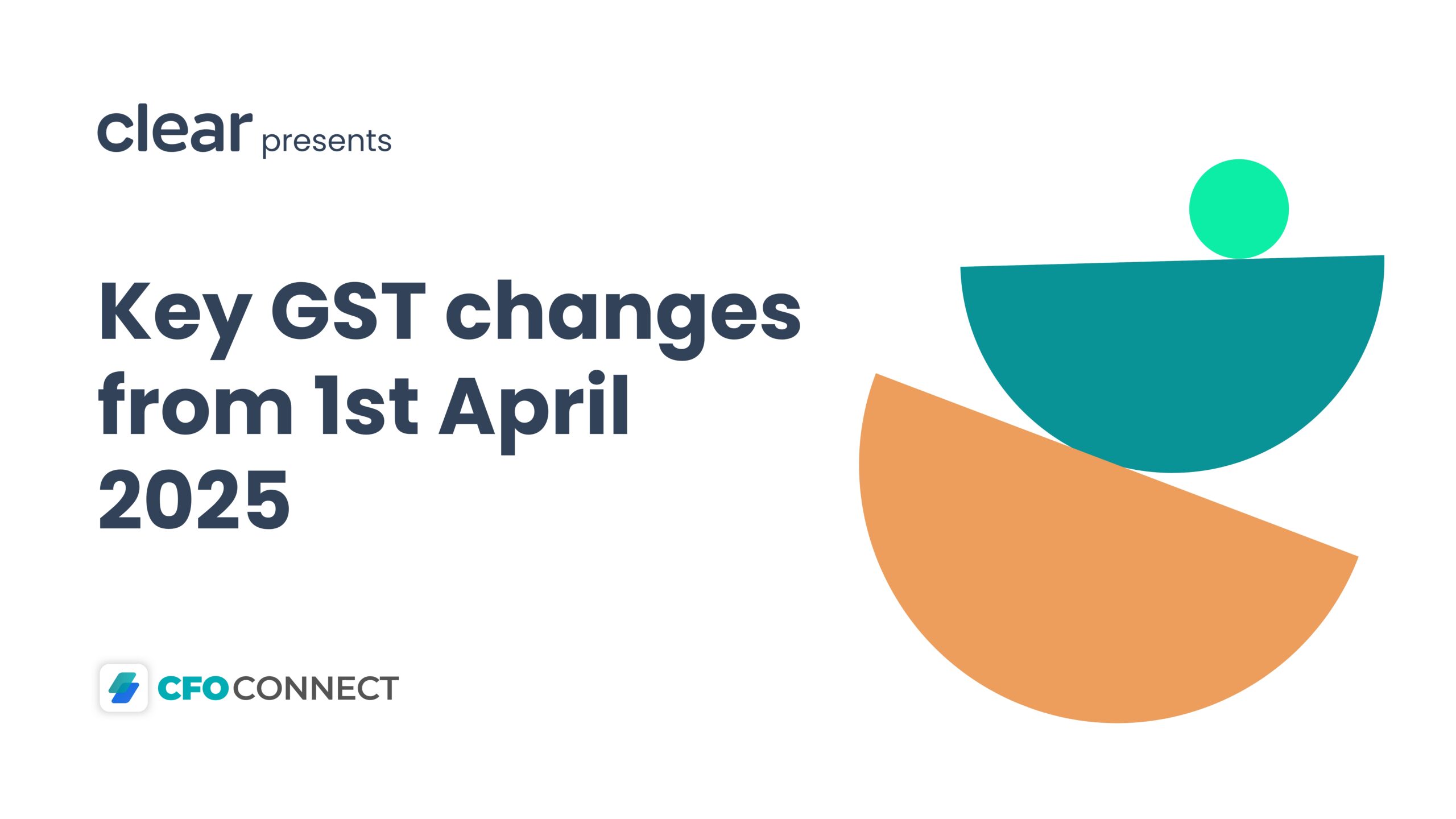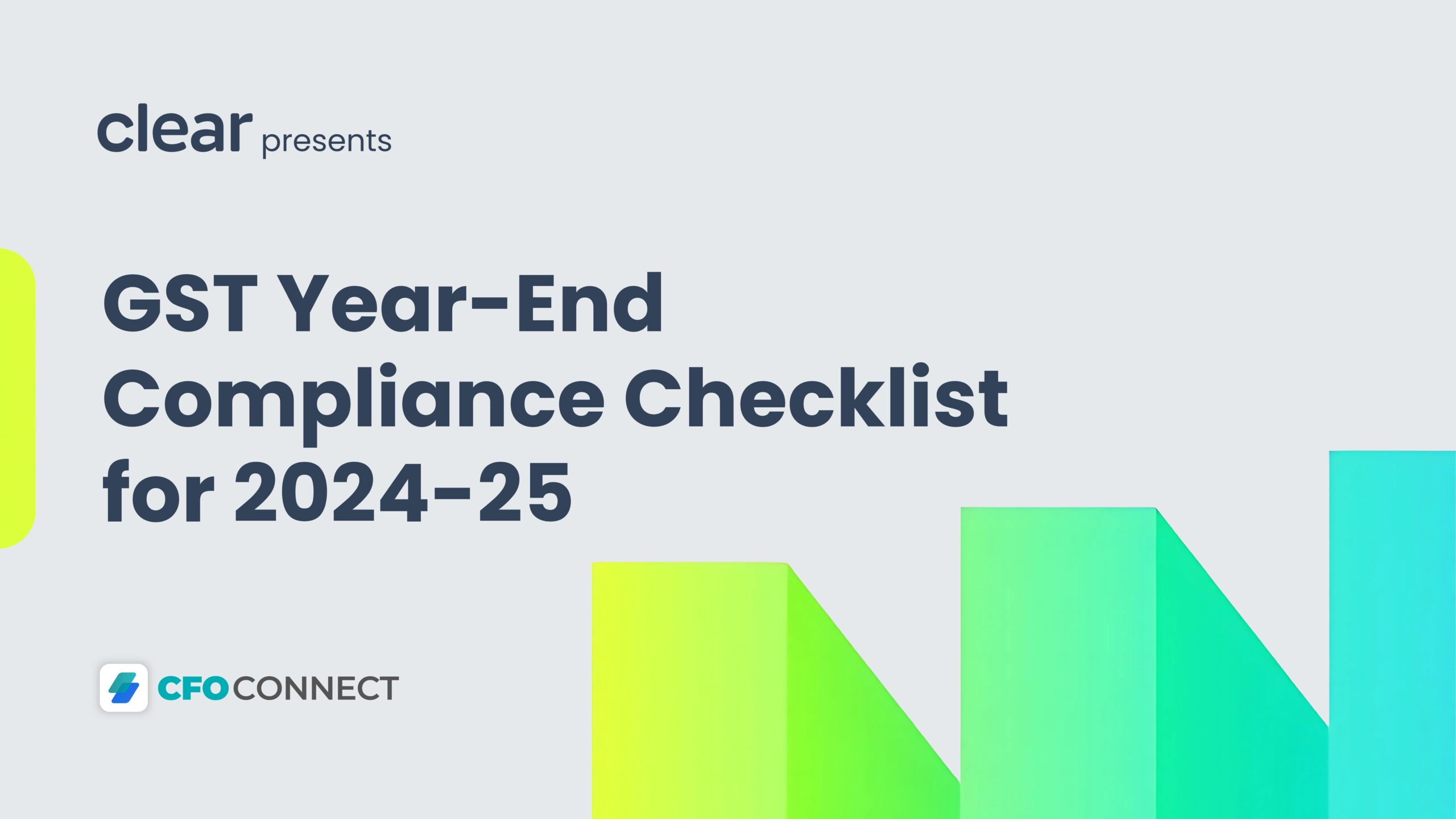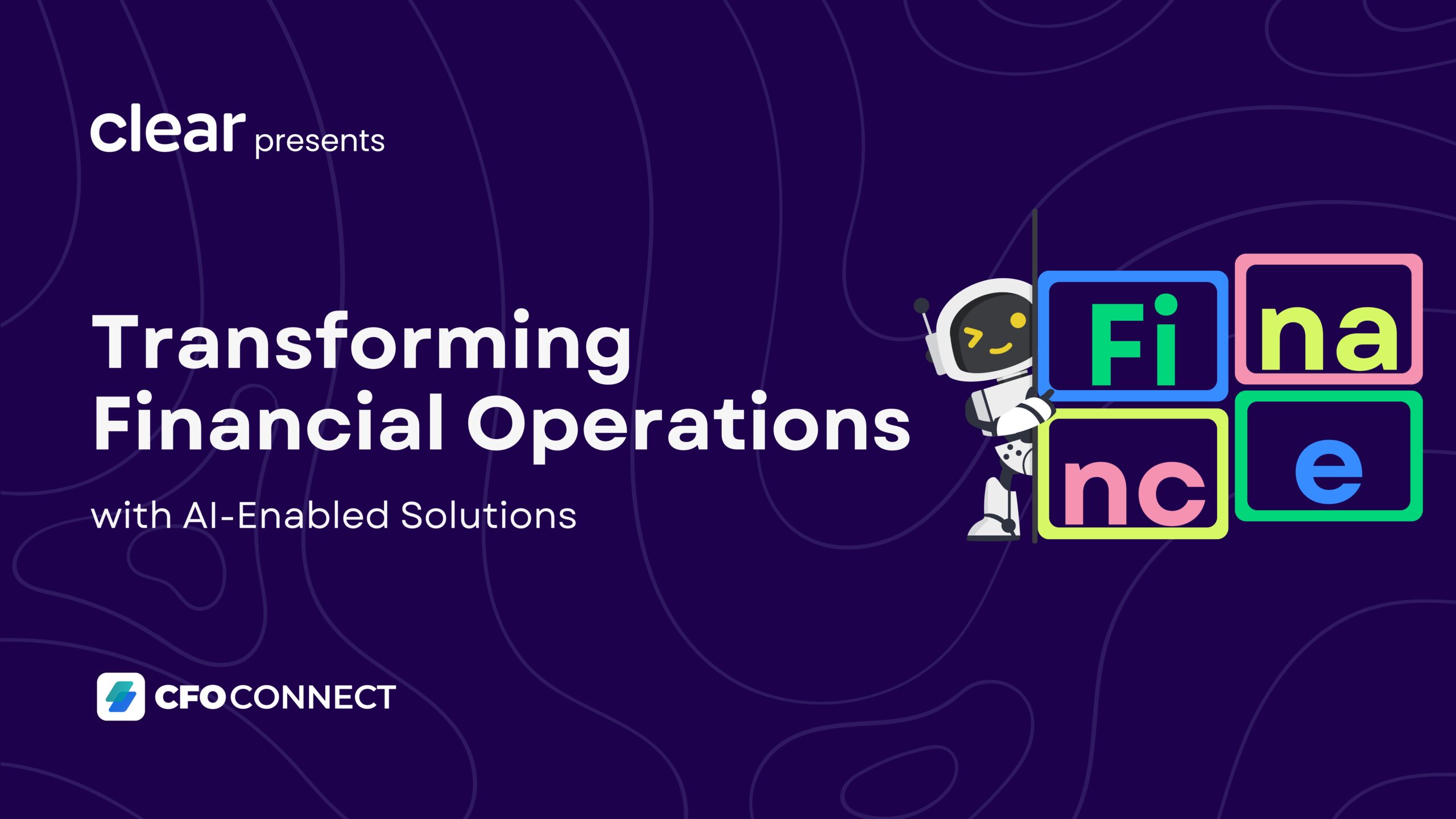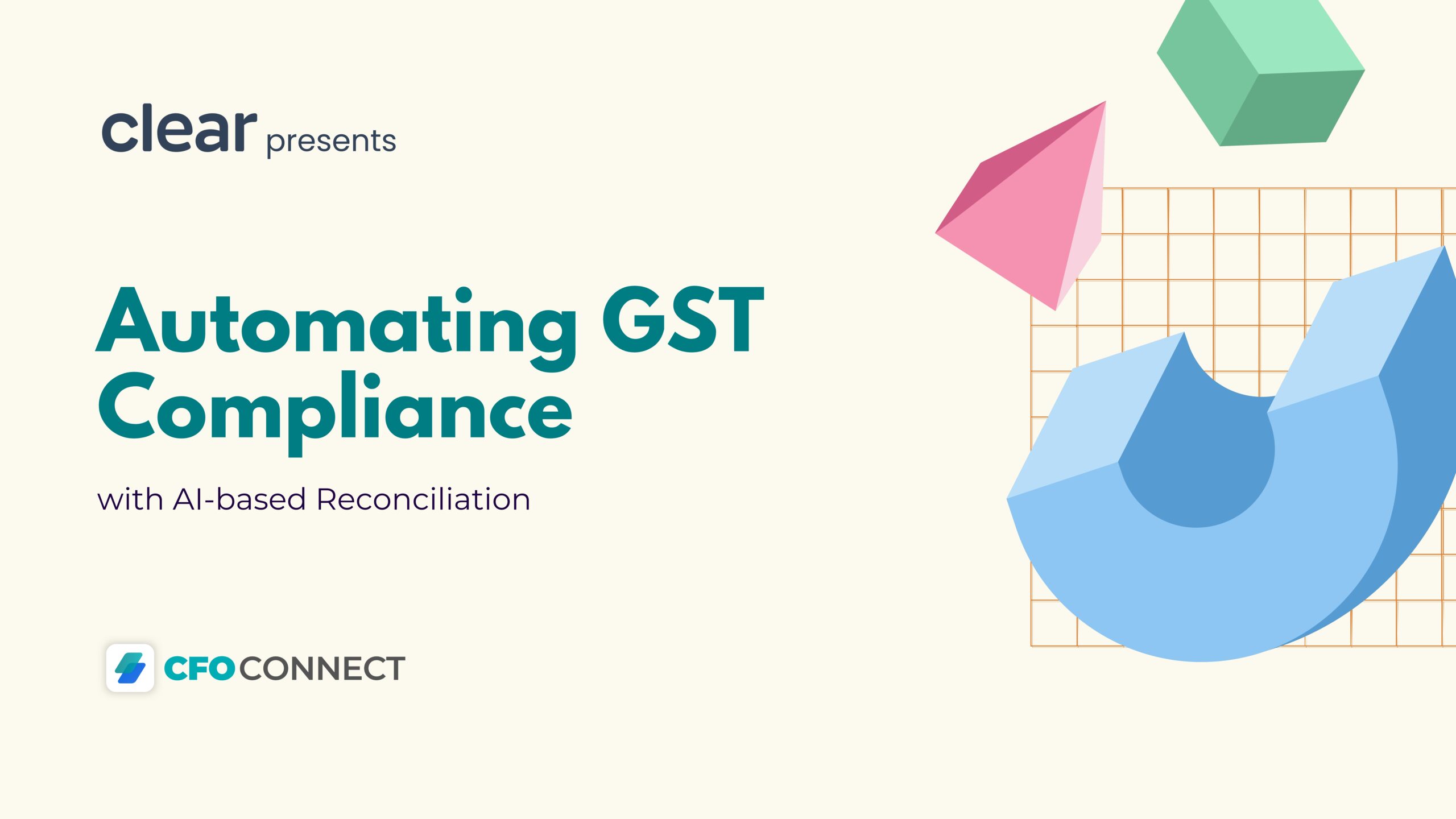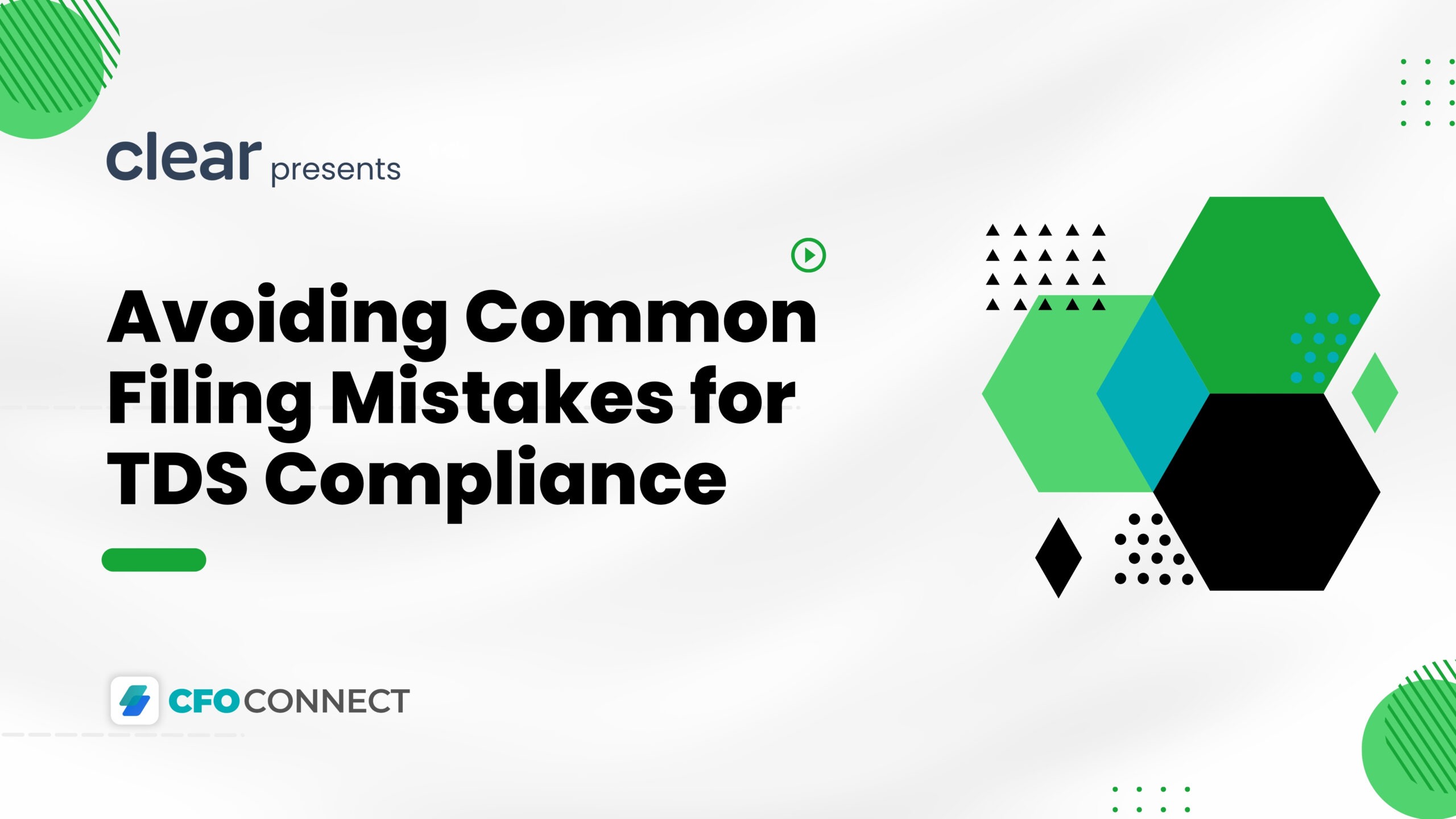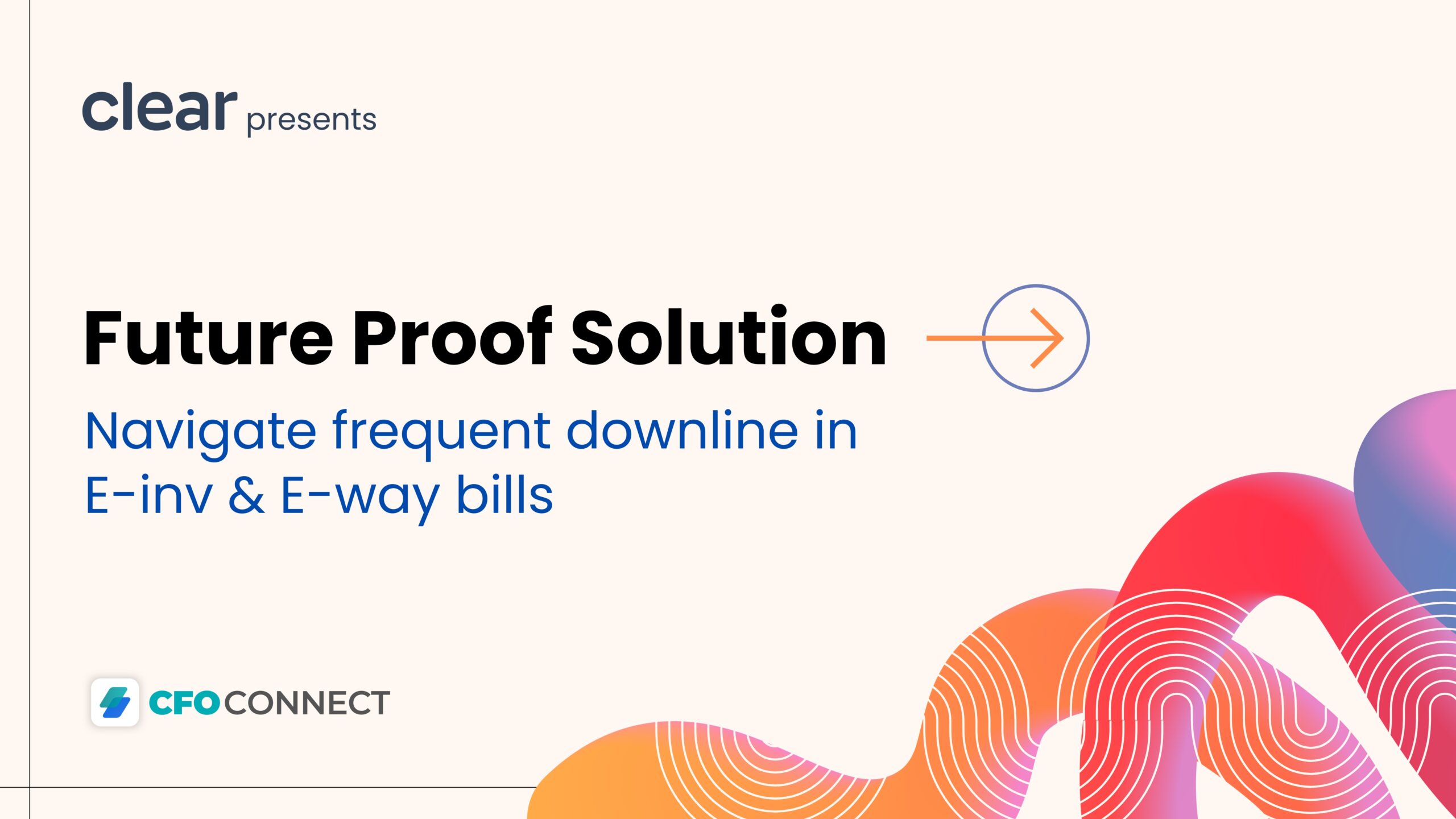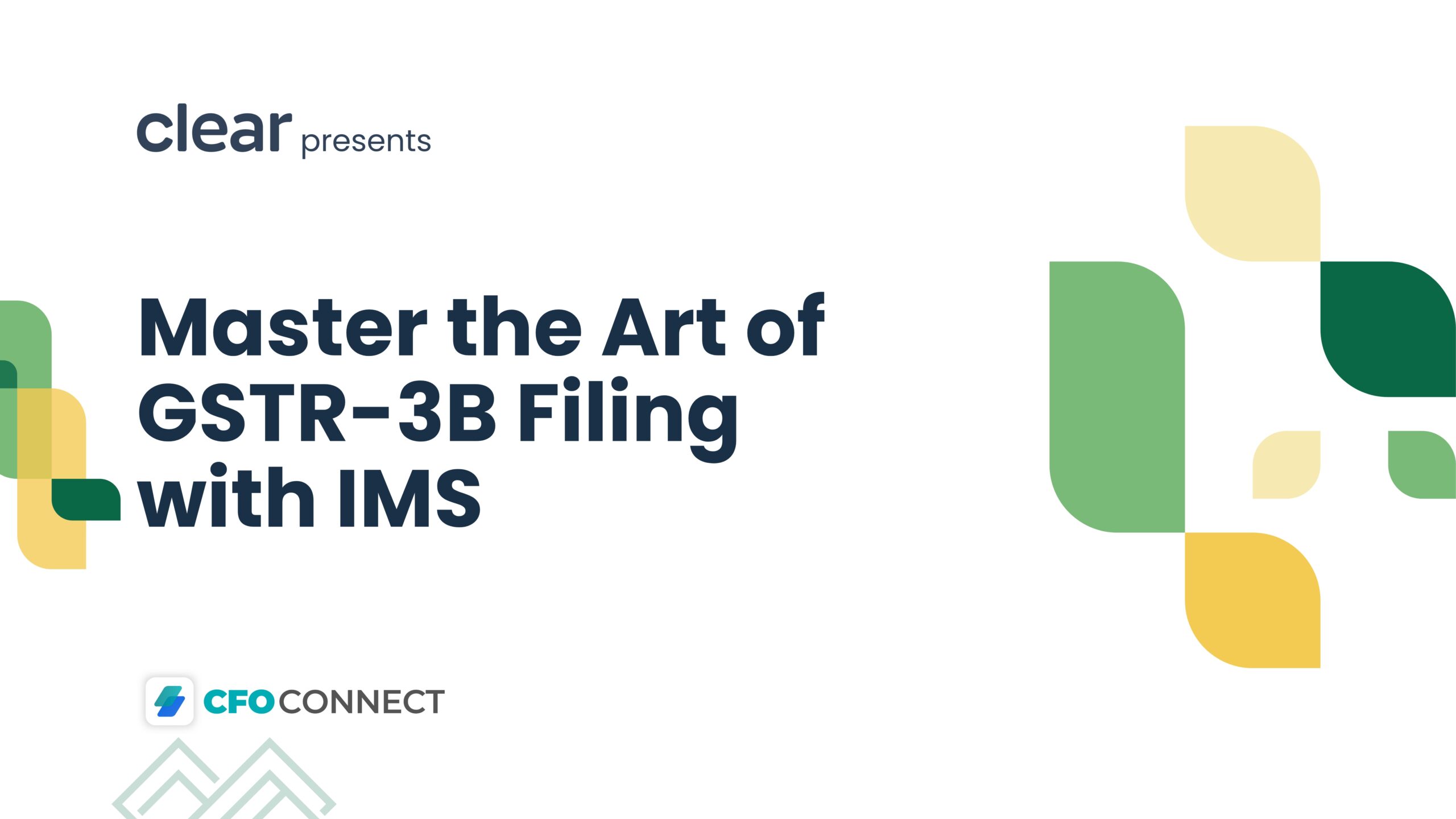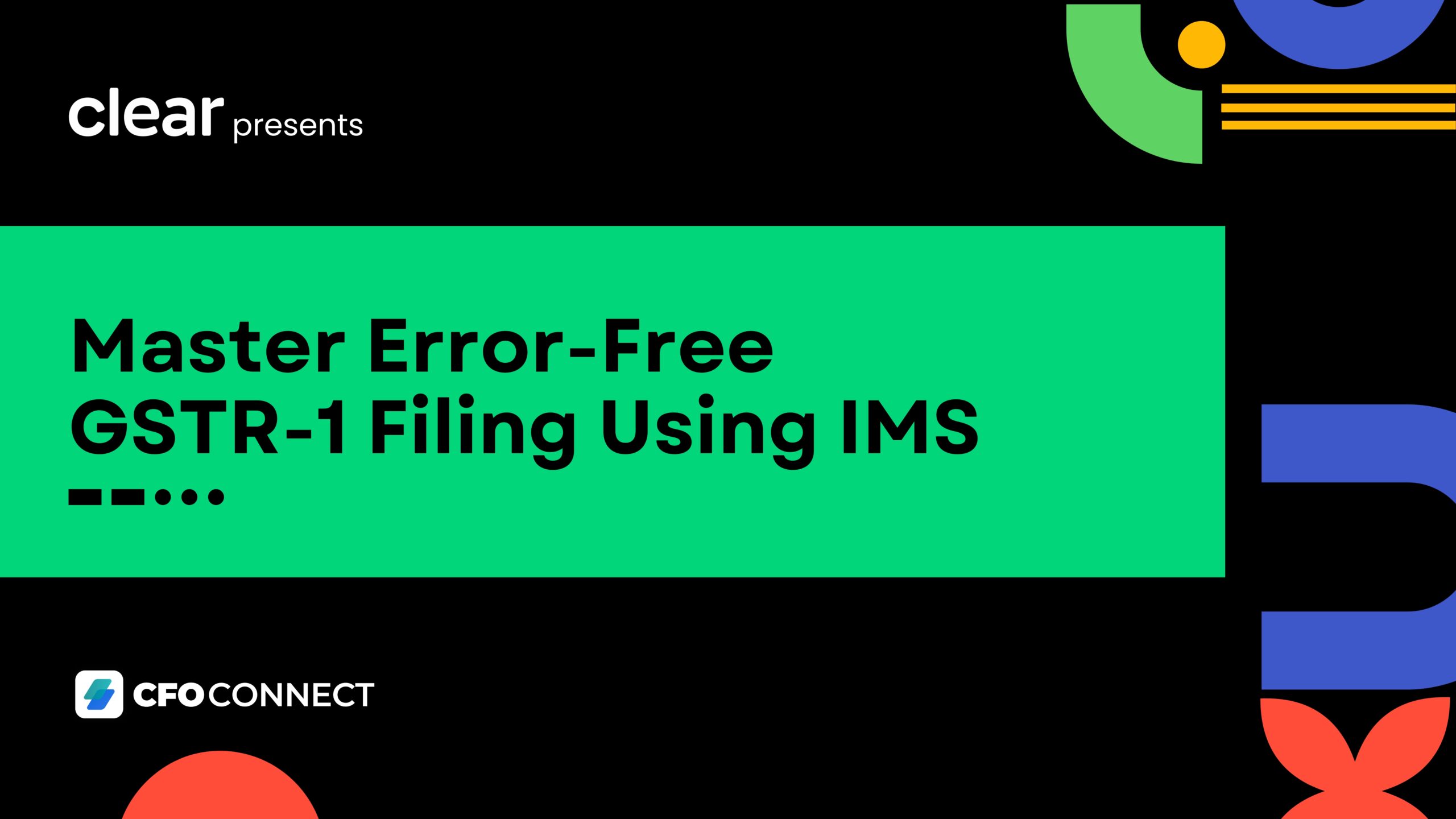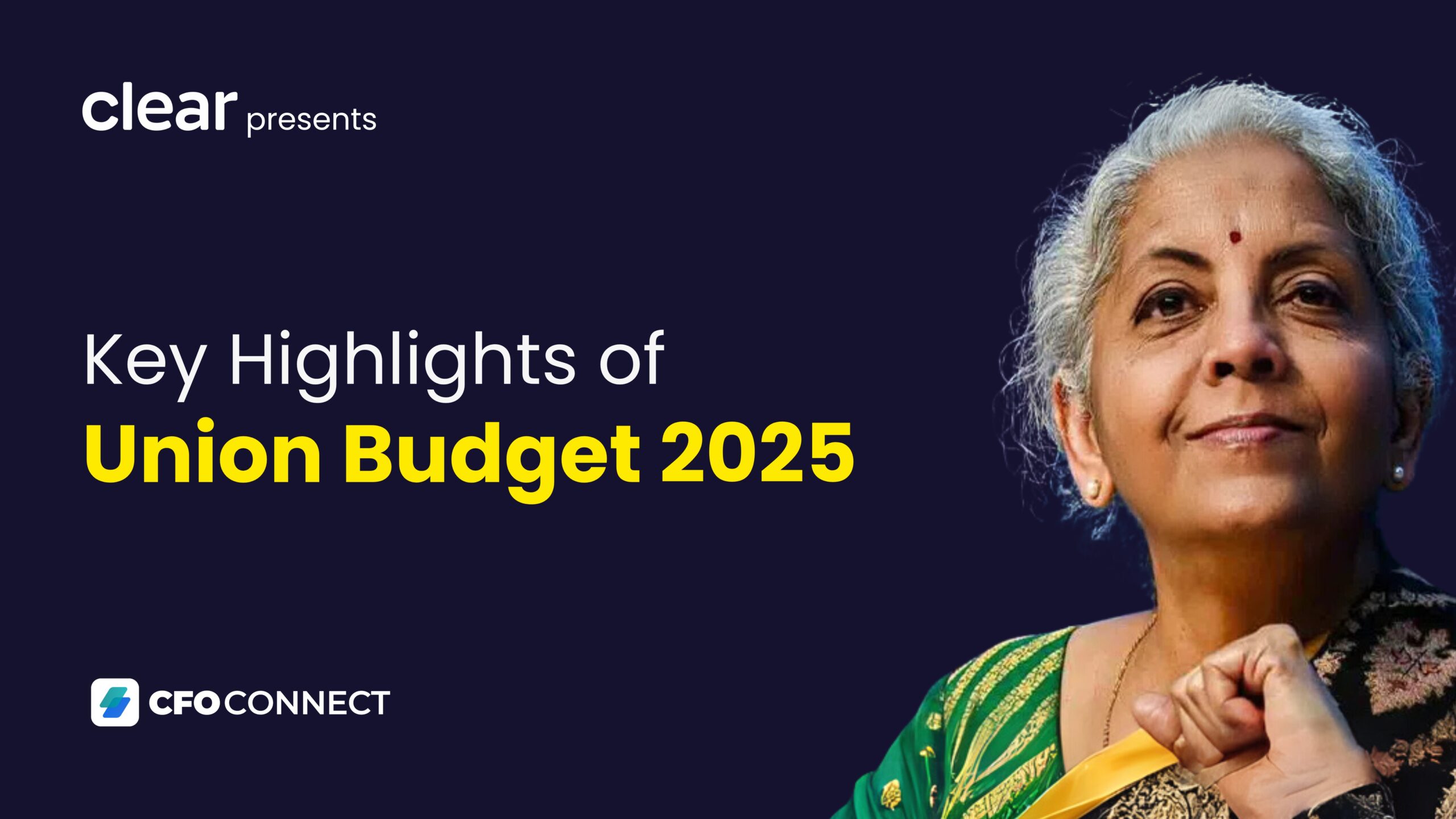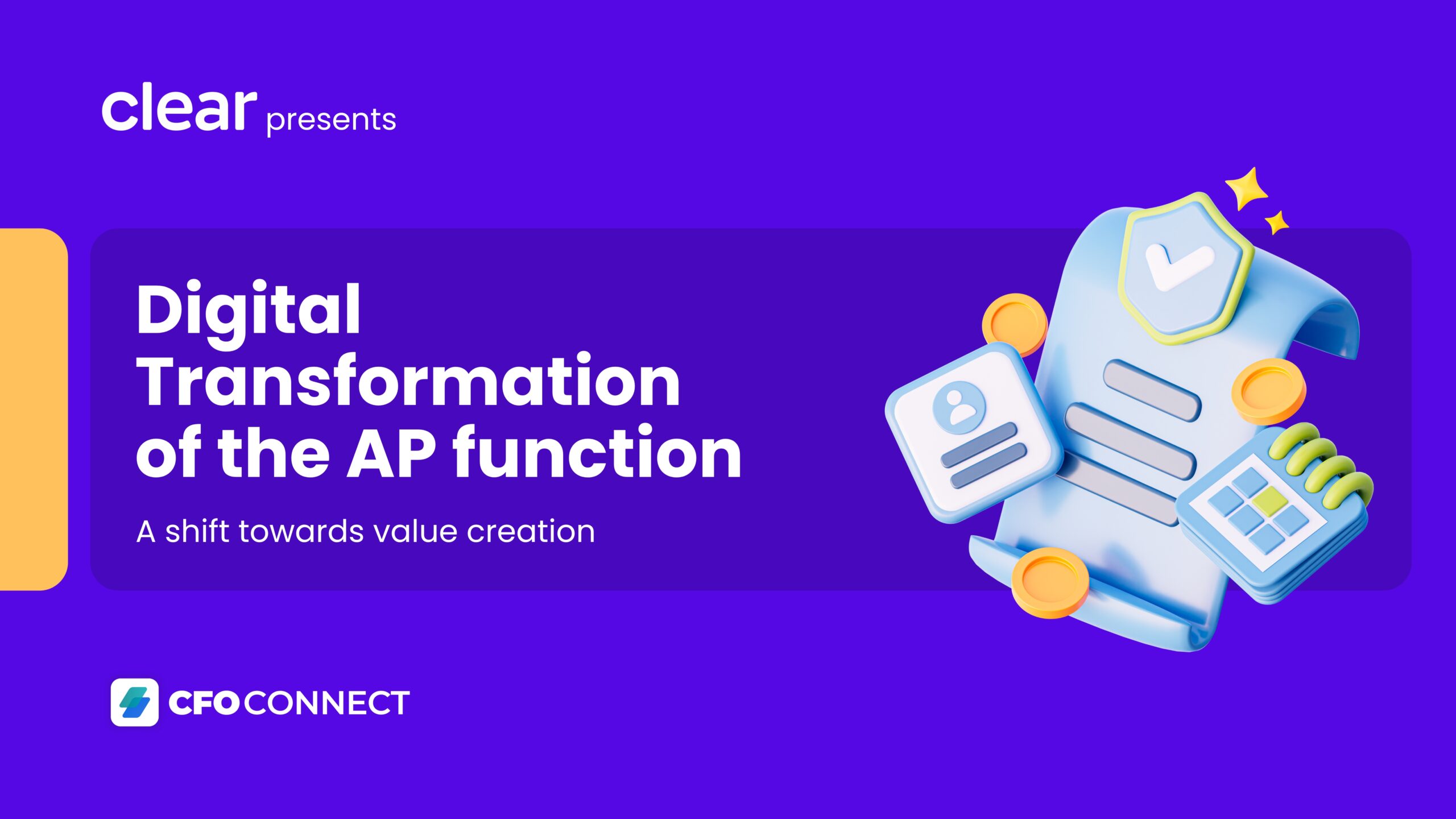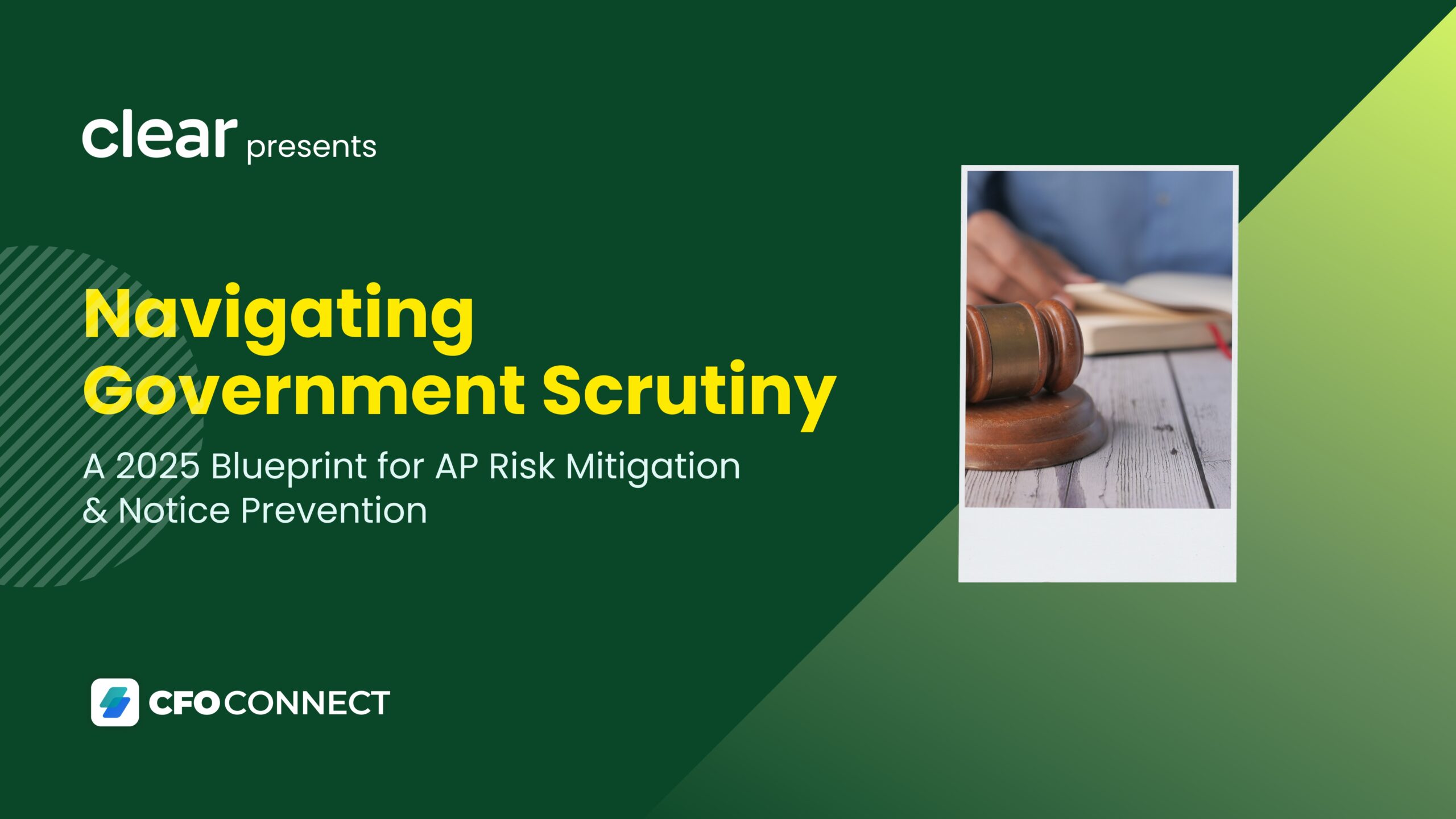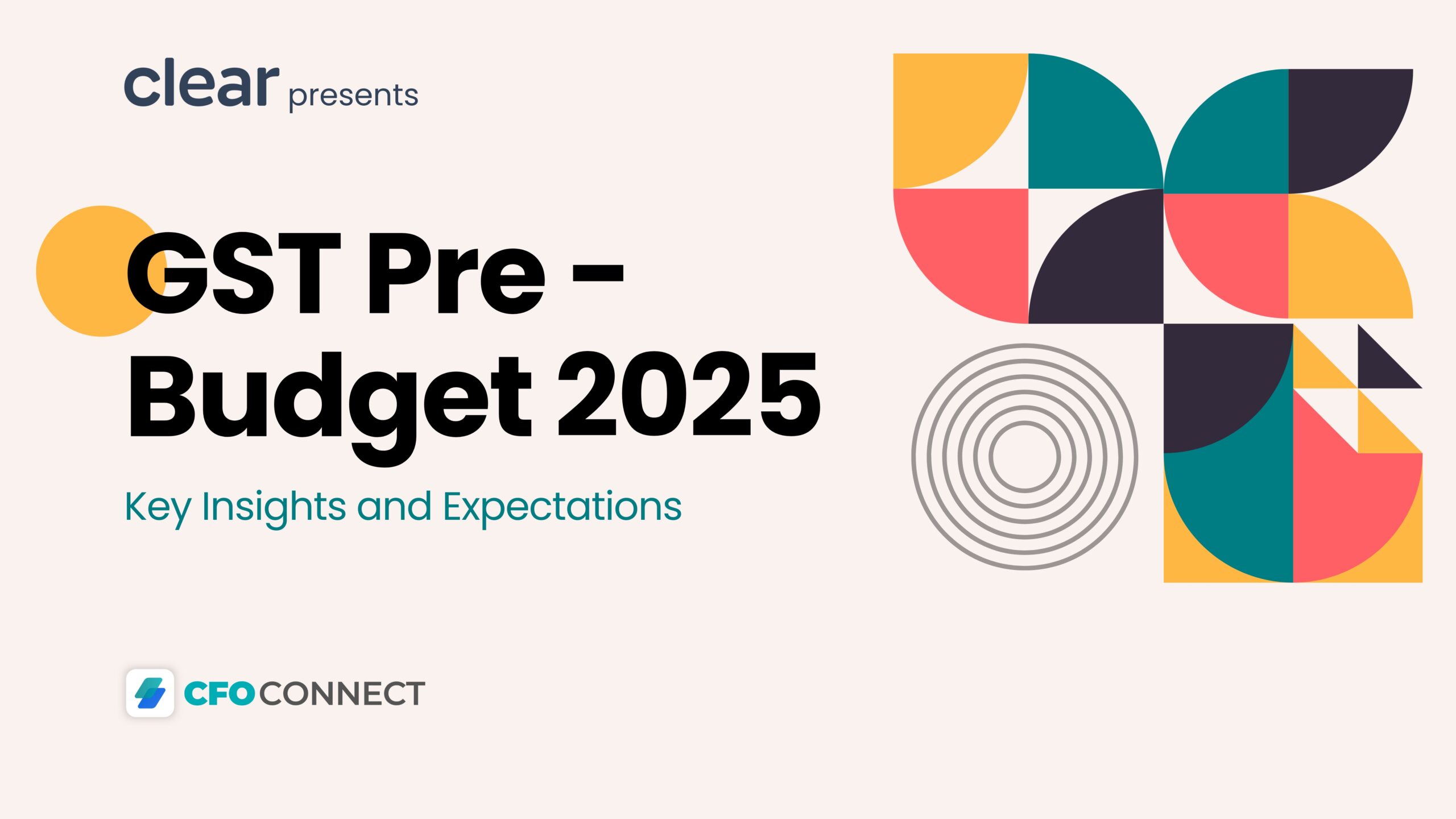About BM
Power Moves for CFOs
Virtual (Airmeet)
4 July 2025
24 July 2025
13 August 2025
Digital Horizons Bangalore 6th Edition
Bangalore
11 September 2025
How to prepare for hard-locking of auto-filled GSTR-3B
Virtual (Airmeet)
2 July 2025
Finance 5.0 Delhi June
Delhi
19 June 2025
Startup Tax Mastery
Virtual (Airmeet)
18 June 2025
Crack the Code to Seamless E-Invoicing Integration
Virtual (Airmeet)
9 June 2025
From Excel to AI
Virtual (Airmeet)
4 June 2025
Tips & Tricks for Accurate Q4 FY’25 TDS Return Filing
Virtual (Airmeet)
22 May 2025
Compliance data platform
Virtual (Airmeet)
20 May 2025
Key Highlights from the 56th GST Council Meeting
Virtual (Airmeet)
15 May 2025
Automating ITC Claims
Virtual (Airmeet)
13 May 2025
Why CFOs Can’t Afford to Ignore the Latest Compliance Changes
Virtual (Airmeet)
9 May 2025
Startup Exclusive
Virtual (Airmeet)
7 May 2025
CFO’s Quick Start to Tax Automation
Virtual (Airmeet)
2 May 2025
Ensuring Smooth Compliance with ERP Migration & Integration
Virtual (Airmeet)
28 April 2025
Streamlining E-Invoicing
Virtual (Airmeet)
25 April 2025
Step-by-Step Guide for Error-Free Compliance
Virtual (Airmeet)
17 April 2025
15 April 2025
Maximise Your ITC Potential Using GSTN’s IMS
Virtual (Airmeet)
9 April 2025
Achieving GST Compliance Excellence
Virtual (Airmeet)
7 April 2025
Decoding Comprehensive GST Checklist
Virtual (Airmeet)
4 April 2025
Your Tax Guide to Start a New Financial Year 2025-26
Virtual (Airmeet)
2 April 2025
Maximise ITC Claims with Annual Reconciliation
Virtual (Airmeet)
28 March 2025
Getting Prepared for FY 2024-25
Virtual (Airmeet)
26 March 2025
Master Q4 TDS Returns Filing – Avoid Penalties & Stay Compliant!
Virtual (Airmeet)
24 March 2025
Critical e-Invoicing Updates from 1st April 2025 & Compliance Tips
Virtual (Airmeet)
21 March 2025
How to Prevent GST Notices & Minimise Compliance Risks in 2025
Virtual (Airmeet)
17 March 2025
Year-End Activities for 2024-25
Virtual (Airmeet)
12 March 2025
Finance 5.0 Mumbai Feb
Mumbai
11 March 2025
56th GST Council Meeting Highlights & Key Takeaways
Virtual (Airmeet)
10 March 2025
Key GST Changes from 1st April 2025
Virtual (Airmeet)
7 March 2025
GST Year-End Compliance Checklist for 2024-25
Virtual (Airmeet)
3 March 2025
Transforming Financial Operations with AI-Enabled Solutions
Virtual (Airmeet)
27 February 2025
Automating GST Compliance with AI-Based Reconciliation
Virtual (Airmeet)
24 February 2025
Avoiding Common Filing Mistakes for TDS Compliance
Virtual (Airmeet)
21 February 2025
Decoding the Budget Impact on Your Business
Virtual (Airmeet)
19 February 2025
Future-Proof Solutions for E-Invoicing & E-Way Bill Downtime
Virtual (Airmeet)
17 February 2025
Master the Art of GSTR-3B Filing with IMS
Virtual (Airmeet)
14 February 2025
Master Error-Free GSTR-1 Filing Using IMS
Virtual (Airmeet)
10 February 2025
Highlights of Union Budget 2025
Virtual (Airmeet)
6 February 2025
Digital transformation of the Accounts Payable function
Virtual (Airmeet)
4 February 2025
Navigating Government Scrutiny
Virtual (Airmeet)
31 January 2025
GST Pre-Budget 2025
Virtual (Airmeet)
28 January 2025
Unlocking Accounts Payable Potential in 2025
Virtual (Airmeet)
24 January 2025
Transforming Tax Processes
Virtual (Airmeet)
21 January 2025
Finance Reimagined
Virtual (Airmeet)
16 January 2025
Mastering Changes
Virtual (Airmeet)
10 January 2025
Future of compliance
Virtual (Airmeet)
7 January 2025
Demystifying GST
Virtual (Airmeet)
3 January 2025
Stay Ahead of the Curve
Virtual (Airmeet)
23 December 2024

